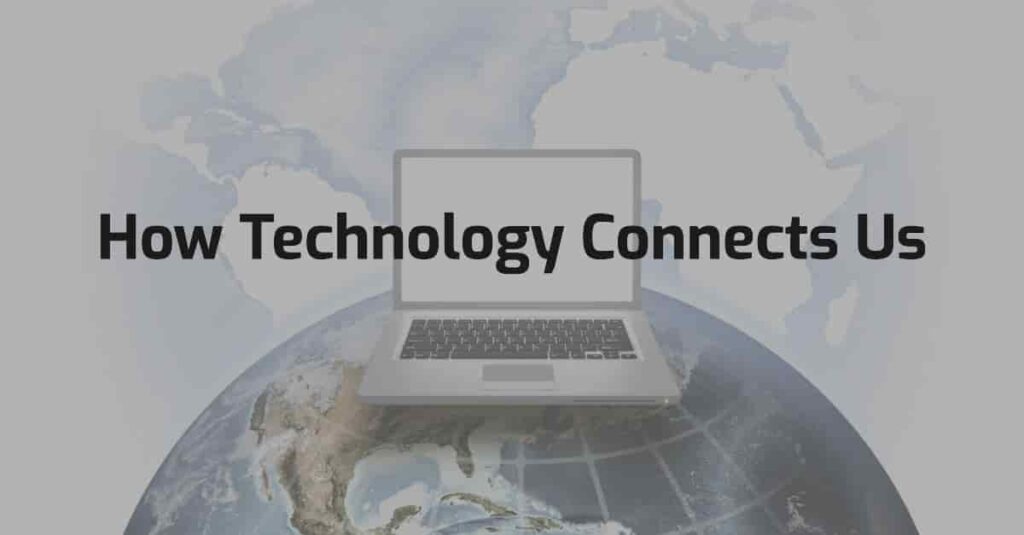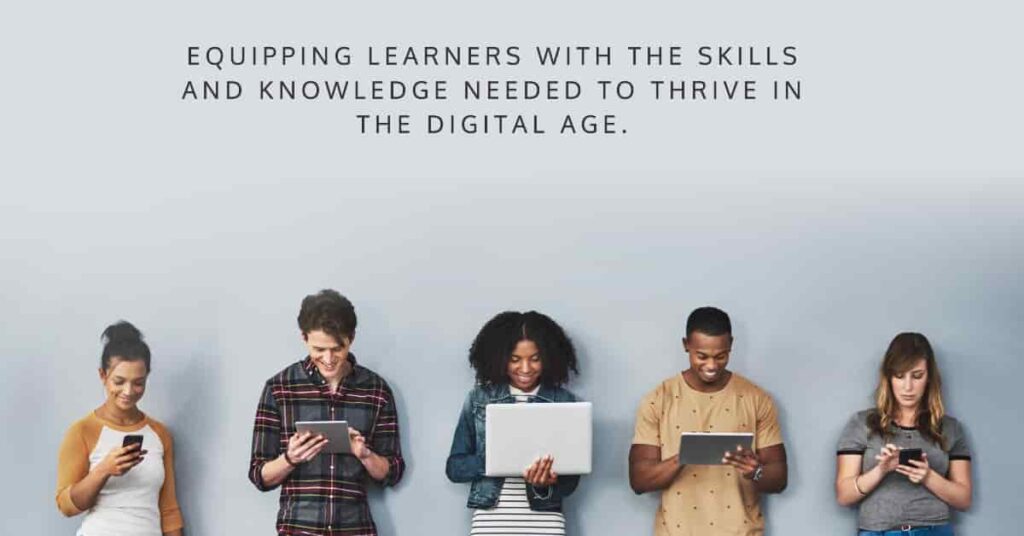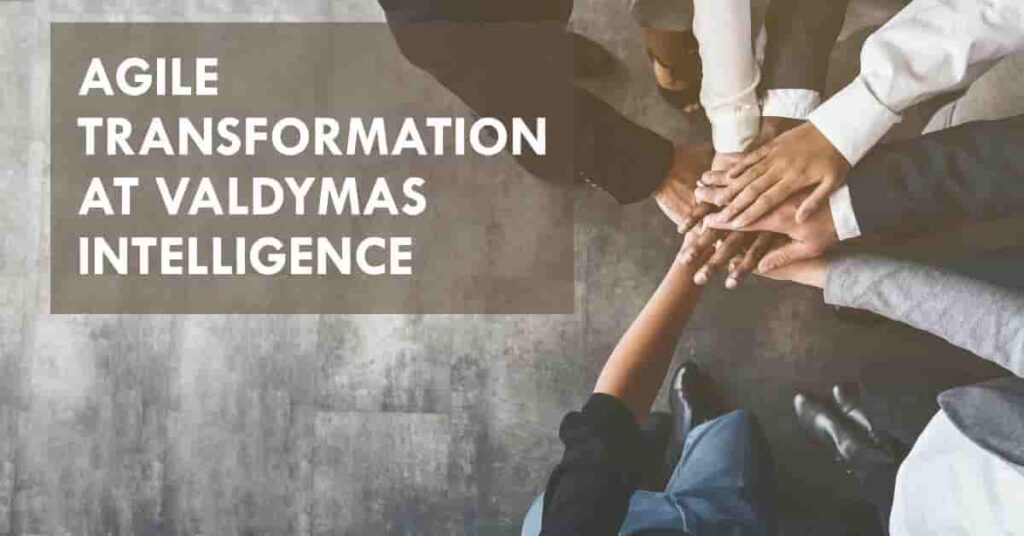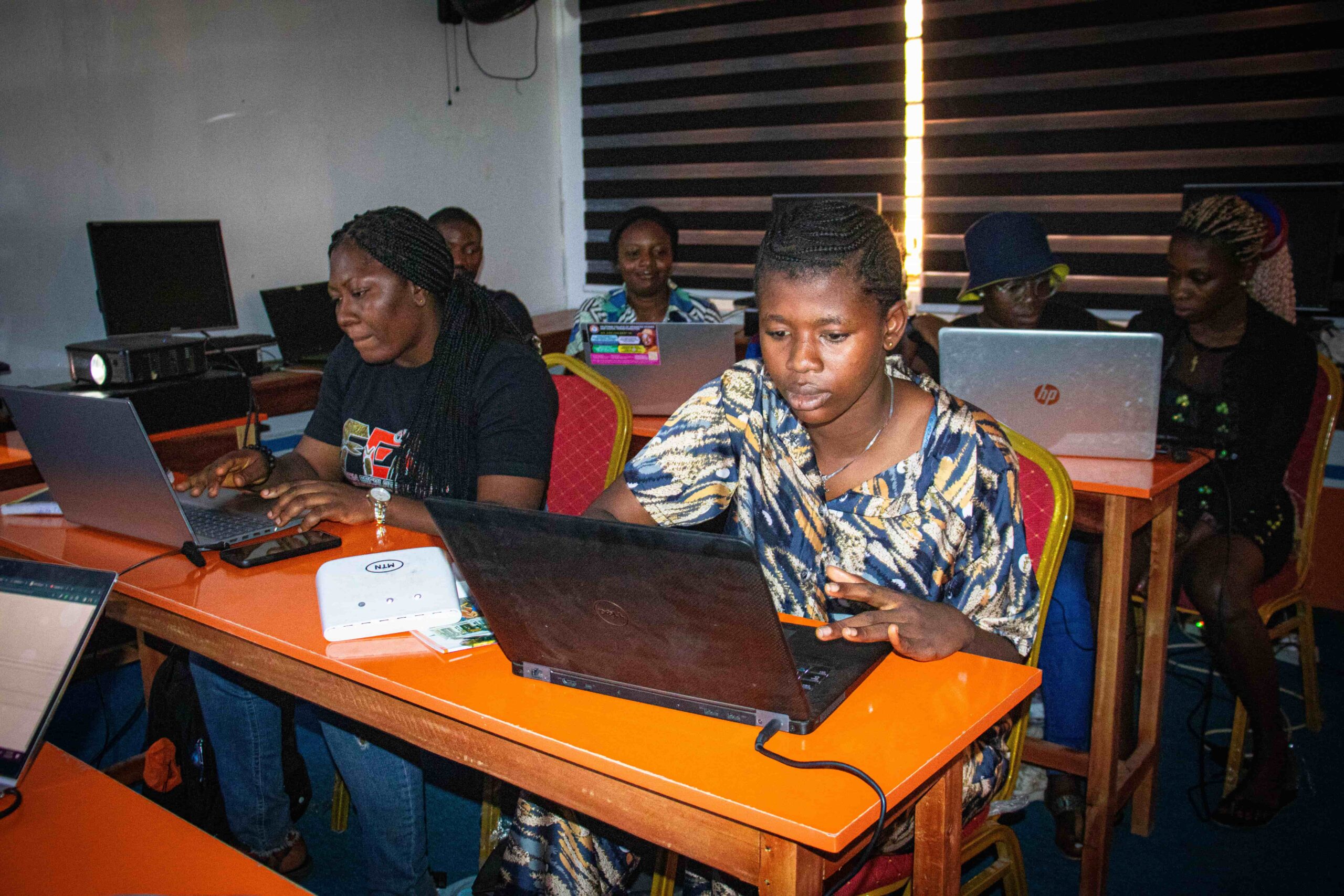How Technology Connects Us
Ever wondered how you can send an instant message to a friend across the globe, or how information travels at the speed of light? The answer lies in Information and Communication Technologies (ICT) – the invisible force that powers our digital world. From smartphones to the internet, ICT has revolutionized the way we communicate, access information, and conduct business.
In simpler terms, ICT refers to the tools and technologies used to create, store, transmit, share, and manage information. This encompasses a vast range of technologies, including:
- Computers and hardware
- Software and applications
- Telecommunications networks (internet, mobile networks)
- Digital media (websites, social media)
The Impact of ICT
- Communication: ICT has made communication faster, cheaper, and more accessible than ever before. We can now connect with anyone instantly through email, messaging apps, and video conferencing.
- Information Access: Gone are the days of bulky encyclopedias! ICT provides us with instant access to a vast ocean of information through the internet.
- Business and Education: ICT has transformed how businesses operate and how we learn. E-commerce, online collaboration tools, and educational resources available online are just a few examples.
- Social Change: Social media platforms have become a powerful tool for communication, activism, and social connection.

The Future of ICT: A World Transformed.
The future of Information and Communication Technologies (ICT) is a landscape brimming with possibilities that promise to reshape our world in profound ways. Here, let delve deeper into some of the most exciting emerging technologies that are poised to revolutionize various aspects of our lives:
- Artificial Intelligence (AI): AI is no longer science fiction. Machine learning algorithms are becoming increasingly sophisticated, capable of performing complex tasks, and even making decisions with minimal human intervention. The potential applications of AI are vast, impacting sectors like:
- Healthcare: AI can analyze medical data to identify diseases earlier, predict patient outcomes, and even assist doctors in surgery with exceptional precision.
- Education: AI-powered tutors can personalize learning experiences, catering to individual student needs and learning styles.
- Customer Service: Chatbots powered by AI can provide 24/7 customer support, answer complex questions, and even resolve issues efficiently.
- Creative Industries: AI can generate realistic music, write different kinds of creative content, and even assist in designing products.
The ethical implications of AI development and deployment require careful consideration. Issues around bias in algorithms, job displacement due to automation, and the potential misuse of AI for malicious purposes need to be addressed proactively.
- Virtual Reality (VR) and Augmented Reality (AR): VR and AR technologies are poised to blur the lines between the physical and digital worlds. VR can create immersive experiences that can be used for:
- Gaming: Imagine stepping into a video game and feeling like you’re truly part of the action. VR promises to revolutionize the gaming industry.
- Education: VR field trips to historical landmarks or simulations of complex scientific phenomena can make learning more engaging and interactive.
- Training: VR simulations can provide safe and realistic training environments for pilots, surgeons, and other professionals.
AR overlays digital information onto the real world. Imagine a world where you can see directions superimposed on your glasses as you walk, or where product information appears when you point your phone at an item in a store. AR has the potential to transform various industries, from retail and manufacturing to education and maintenance.
- Internet of Things (IoT):The Internet of Things (IoT) refers to the ever-growing network of physical devices embedded with sensors and software, all connected to the internet. This interconnectedness allows for:
- Smart Homes:Imagine a home where your thermostat adjusts automatically based on your preferences, or your fridge reorders groceries when supplies run low. IoT can create a more comfortable, efficient, and secure living environment.
- Smart Cities:Traffic lights that adjust based on real-time traffic flow, or waste management systems that optimize collection routes – these are just a few examples of how IoT can make cities smarter and more sustainable.
- Connected Industries:IoT can revolutionize various industries by enabling remote monitoring of equipment, predictive maintenance, and data-driven optimization of processes.
Security concerns around connected devices and the potential for data breaches remain a challenge that needs to be addressed for widespread adoption of IoT technologies.
The Road Ahead
These are just a few glimpses into the exciting future of ICT. As these technologies continue to evolve and converge, we can expect even more transformative applications to emerge. However, it’s crucial to remember that technological advancements need to be accompanied by ethical considerations, responsible development, and efforts to bridge the digital divide to ensure equitable access for all. By harnessing the power of ICT responsibly, we can create a future that is not only more connected and efficient but also more inclusive and beneficial for all.
In today’s world, technology is a big part of how we do things. One cool new idea is Valdymas Intelligence, which mixes old-school management with fancy tech like AI and data analysis. This mix is changing how businesses work in a big way. Let’s take a closer look at what Valdymas Intelligence means for ICT and why it’s such a big deal.

Valdymas Intelligence has significantly enhanced ICT training across various domains, equipping learners with the skills and knowledge needed to thrive in the digital age. Whether it’s frontend development, backend development, mobile app development, UI/UX design, data analysis, Microsoft Office Suite, or cybersecurity. Valdymas Intelligence teach in a way that looks at the big picture and makes sure students learn the most important things for real-world jobs. Valdymas Intelligence keeps up with new tech changes, helping individuals and businesses make the most of what technology offers.
Valdymas Intelligence is changing how businesses manage things in the ICT world. It’s making decisions smarter, saving resources, and keeping customers happy. But we also need to be responsible, learn new skills, and keep up with changes to make the most of this exciting technology.
In Conclusion, ICT is an ever-evolving field that shapes our personal and professional lives. By understanding its potential and challenges, we can harness its power to create a more connected, informed, and inclusive world.
Reference
- World Bank ICT Blog:World Bank ICT Blog (Ongoing)
- Terry Freedman’s ICT & Computing in Education blog:Terry Freedman’s ICT & Computing in Education blog (Ongoing)
- Evolving Pedagogy: Using Technology in the Classroomby Jessica Hathaway (2017)



